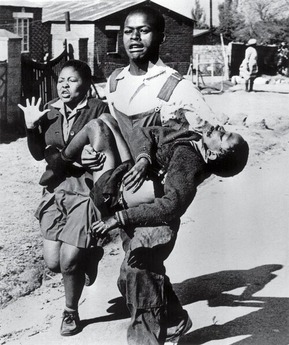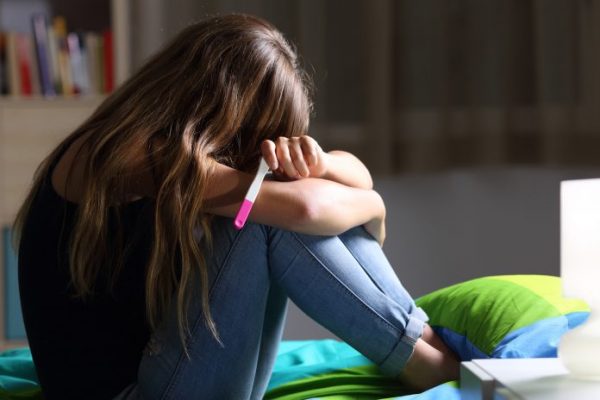Non-binary is an umbrella term for people whose gender identities are not solely male or female. They usually identify as They/them.
Gender-neutral pronouns are not new. They date back as early as the 18th century.
The likes of Demi Lovato, Sam Smith, Lumko Johnson Leqela and so many other famous faces came out and identified as non-binary. With their audience and influence, they somehow encouraged and brought back popularity to identify as a non-binary person. Their influence made people comfortably voice out what they preferred to be called and what they identified as.
As it stands, the South African ID number identifies a persons sex which excludes the non binary population. A seventh digit between 0 and 4 means the ID holder is a female and the seventh number between 5 and 9 means that the ID holder is a male.
South Africa currently only formally recognizes two traditional genders – male and female, with few organizations offering non- binary as an option.
In an article written by Ferial Haffajee from Quartz Africa which was last updated in July 2022, states that it would be a first in South Africa for an African country to revise its national identity system to incorporate and recognize different gender identities.
The document advised that in order to include the estimated 530 000 South Africans who identify as non-binary, “ an alternative digit or letter ‘X’ be used for this population “. The department of Home Affairs, which is responsible for these changes, planned to consult with the LGBTQ+ community regarding its proposal.
The changes would take at least a few years to come about as recommendations, planning and other procedures to follow move through the consultation towards legislation and implementation.
It would also mean that, South Africa has a traditional nation, would have to have a major society shift. The change would also come with great concerns.
So many issues in South Africa would hinder the change becoming effective and a success. Issues such as limited knowledge on non binary, traditional standards that have already been set and rape and crime. South Africa has a high rate of rape cases being reported and occurring on a daily. To include the non binary population, it would mean that public restrooms, for an example, would have to be gender inclusive, meaning the traditional genders -male and female would share the same bathroom. This could cause a concern as rape would occur easily when men and women share bathrooms with no boundary separating the two. Rape occurs anywhere but it would increase a female’s chance, especially at clubs to be easy targets for men that are rapists.
Another concern for parents, was that it would confuse their young ones as the anatomy and physical appearances of a male and female are different, therefore needing young minds to understand the difference between a boy and girl. Introducing non-binary to children would further confuse and complicate things for them as they may not understand what it means being non-binary when ones feature resemble a male’s or female’s.
The LGBTQ + community has experienced unspeakable things said and done onto them for just being different from the rest. They have experienced being beaten, tortured, killed, raped and even became victims of emotional abuse for just coming out as part of the LGBTQ + community. The fear is, if one would identify as They/Them, how would society receive them? Will they also experience the same hate crime or will it be different as South Africans learn more about non-binary.
As much as one has freedom to be who they want to be and identity how they want to be, South Africa still has a long way to go when it comes to understanding people that may not necessarily see themselves as a male or female.
Unlock Exclusive Content!
Subscribe to the Pondoland Times weekly newsletter for trusted alerts on SASSA payments, NSFAS funding, and breaking local news. Get exclusive interviews, community features, and verified stories you can rely on—delivered straight to your inbox.















